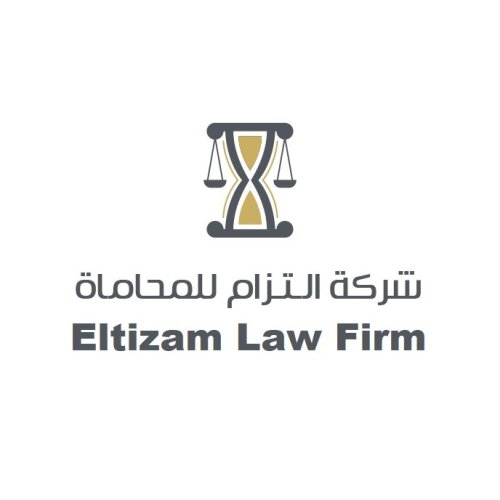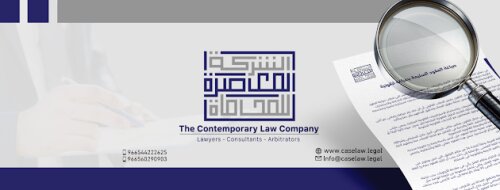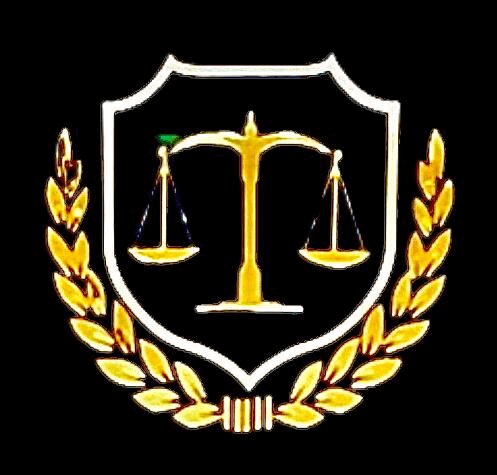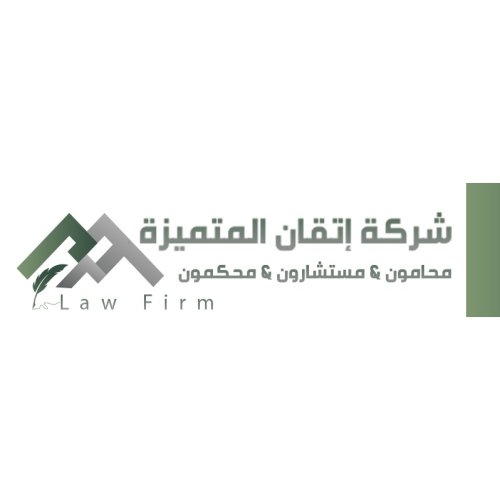Best Education Law Lawyers in Saudi Arabia
Share your needs with us, get contacted by law firms.
Free. Takes 2 min.
Or refine your search by selecting a city:
List of the best lawyers in Saudi Arabia
About Education Law in Saudi Arabia
Education Law in Saudi Arabia governs the legal frameworks related to educational institutions, administrators, teachers, students, and the policies that guide education at all levels. This encompasses laws related to public and private schools, higher education institutions, teacher qualifications, curriculum mandates, and students' rights. The Saudi education system aims to provide high-quality education under the guidance of the Ministry of Education, aligning with the country's cultural and religious values while preparing students for global competitiveness.
Why You May Need a Lawyer
There are several scenarios where legal assistance might be required regarding Education Law in Saudi Arabia:
- Disputes between parents and schools regarding student discipline or educational rights.
- Issues with special education needs and services for a child.
- Employment disputes between educational institutions and their staff, including matters of contracts and labor rights.
- Compliance issues with educational policies and regulations set by the Ministry of Education.
- Legal concerns related to international students or expatriates navigating the Saudi educational system.
- Discrimination claims within educational settings based on various factors.
- Accreditation and regulatory compliance for private educational institutions.
Local Laws Overview
The Education Law framework in Saudi Arabia is guided by various royal decrees and regulations enforced by the Ministry of Education. Key aspects include:
- Compulsory Education: Education is mandatory for children between the ages of six to fifteen, ensuring access to basic education for all Saudi children.
- Curriculum Requirements: Schools must follow a national curriculum that aligns with Islamic values and traditions while promoting scientific and technological learning.
- Private Education: Private institutions are permitted but are required to meet specific regulatory standards and obtain accreditation from relevant authorities.
- Teachers' Rights: Legal protections exist for teachers concerning employment conditions, qualifications, and professional development.
- Students' Rights: Laws protect students from discrimination and ensure their right to a safe and conducive learning environment.
Frequently Asked Questions
What is the legal age for compulsory education in Saudi Arabia?
Compulsory education in Saudi Arabia is for children aged six to fifteen years.
Can expatriates enroll their children in the public education system?
While public schools primarily serve Saudi nationals, some expatriates are permitted to enroll their children depending on government policies and specific conditions.
Are private schools regulated differently than public schools?
Yes, private schools are subject to regulations and standards set by the Ministry of Education, including curriculum requirements, accreditation processes, and operational guidelines.
How are education rights protected under Saudi law?
Education rights in Saudi Arabia are grounded in royal decrees and regulations ensuring access to education, protection from discrimination, and the right to a safe educational environment.
Do teachers have the right to form unions in Saudi Arabia?
Currently, the formation of teachers' unions in Saudi Arabia is not permitted; however, teachers benefit from legal protections concerning employment rights and conditions.
What should parents do if their child requires special education services?
Parents should contact school administrators to discuss special education needs and explore the services available in compliance with the regulations set by the Ministry of Education.
Is homeschooling permitted under Saudi law?
Homeschooling is not officially recognized as a legal alternative to compulsory education, and compliance with state education requirements is essential.
What steps should private institutions take to achieve accreditation?
Private institutions must undergo an accreditation process with the relevant educational authorities, ensuring compliance with curriculum, facility, and staffing standards.
How can education disputes be resolved legally?
Education disputes can be addressed through legal consultation and, if necessary, escalated to the relevant authorities or through formal legal proceedings.
Are there specific regulations for international schools?
International schools must adhere to both national laws and specific regulations that govern international education, which include obtaining the proper licenses and meeting curriculum standards.
Additional Resources
For further information, consider reaching out to the following resources:
- Ministry of Education: The primary governmental body responsible for educational policies and regulations.
- Saudi Arabian Cultural Mission: Offers guidance on higher education and academic accreditation.
- Education and Training Evaluation Commission: Provides comprehensive evaluation and accreditation for educational institutions.
- Local legal firms specializing in Education Law: These can provide tailored legal advice and representation.
Next Steps
If you require legal assistance regarding Education Law in Saudi Arabia, consider taking the following steps:
- Identify and clearly document the issue or dispute you are facing.
- Consult with a lawyer specializing in Education Law to discuss your rights and options.
- Gather any necessary documentation or evidence relevant to your case.
- Explore mediation or negotiation as initial steps in resolving disputes before pursuing formal legal action.
- Stay informed about changes in educational policies or laws that may affect your case.
Taking these steps can help in effectively navigating the complexities of Education Law and securing the appropriate resolution for your situation.
Lawzana helps you find the best lawyers and law firms in Saudi Arabia through a curated and pre-screened list of qualified legal professionals. Our platform offers rankings and detailed profiles of attorneys and law firms, allowing you to compare based on practice areas, including Education Law, experience, and client feedback.
Each profile includes a description of the firm's areas of practice, client reviews, team members and partners, year of establishment, spoken languages, office locations, contact information, social media presence, and any published articles or resources. Most firms on our platform speak English and are experienced in both local and international legal matters.
Get a quote from top-rated law firms in Saudi Arabia — quickly, securely, and without unnecessary hassle.
Disclaimer:
The information provided on this page is for general informational purposes only and does not constitute legal advice. While we strive to ensure the accuracy and relevance of the content, legal information may change over time, and interpretations of the law can vary. You should always consult with a qualified legal professional for advice specific to your situation.
We disclaim all liability for actions taken or not taken based on the content of this page. If you believe any information is incorrect or outdated, please contact us, and we will review and update it where appropriate.
Browse education law law firms by city in Saudi Arabia
Refine your search by selecting a city.















